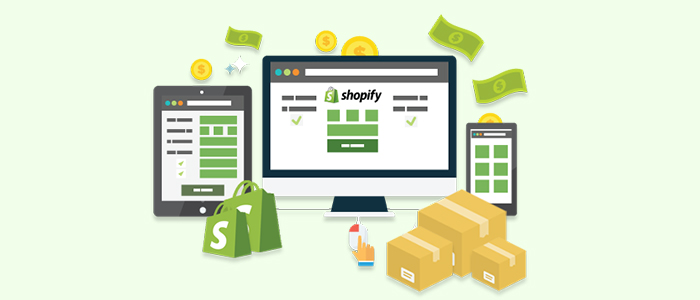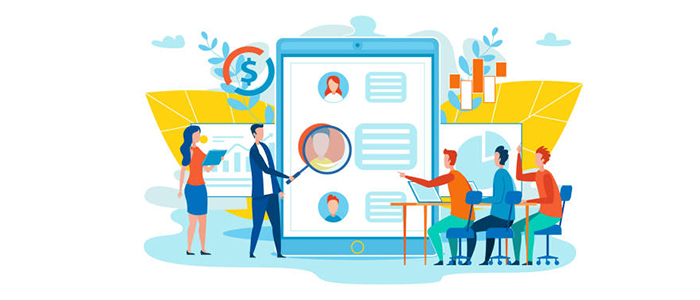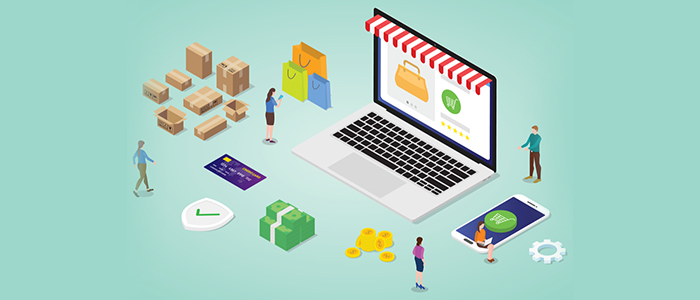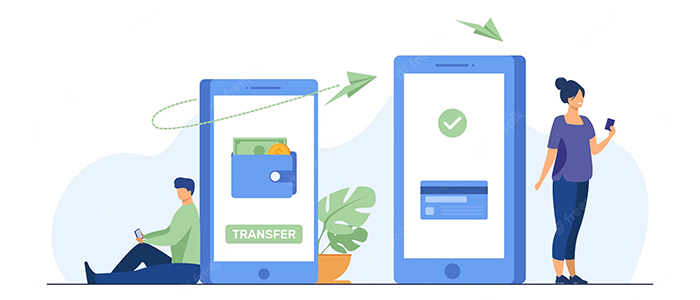Making payments
Payment processing refers to how your clients will pay for their online transactions. The good thing is that both Shopify and BigCommerce provide many alternatives. So, your clients won’t have any trouble giving you cash! However, the choices available to you as a trader vary slightly between the two platforms. So, who does payment processing the best, BigCommerce or Shopify? Well, that depends, as always!
You will want a payment gateway to process credit and debit card payments. A payment gateway is a software service that approves the customer’s credit card payment to the retailer. Several payment gateways are available; some well-known ones are Braintree, Authorize.net, Square, Stripe, and PayPal.
It’s crucial to remember that without a payment gateway, you cannot accept payments from credit or debit cards. In addition, each payment gateway’s processing fee varies depending on the gateway and the nation you are in.
While BigCommerce only offers slightly more than 65 payment gateway options, Shopify lets you connect to more than 100 different ones. As a result, the two platforms’ preferred payment gateways and the costs you’ll pay depending on the plan you select and the chosen gateway are far more crucial.
Shopify Payments, a service provided by the company, is the preferred payment processor. It only takes one click in your store settings to activate Shopify Payments, making setup a breeze. Additionally, the processing costs are reasonable. The processing cost you’re charged by the payment gateway plus a transaction fee from Shopify will apply if you choose to utilize a different payment gateway.
On the other hand, the chosen payment processor for BigCommerce is PayPal, which Braintree runs. Additionally, this is incredibly simple to start up and has very affordable rates. Significantly, BigCommerce, unlike Shopify, won’t charge you additional transaction fees if you decide to use a different payment gateway.









